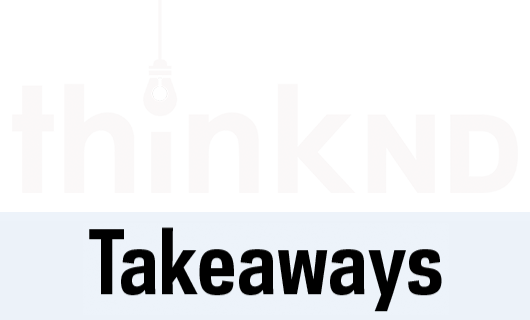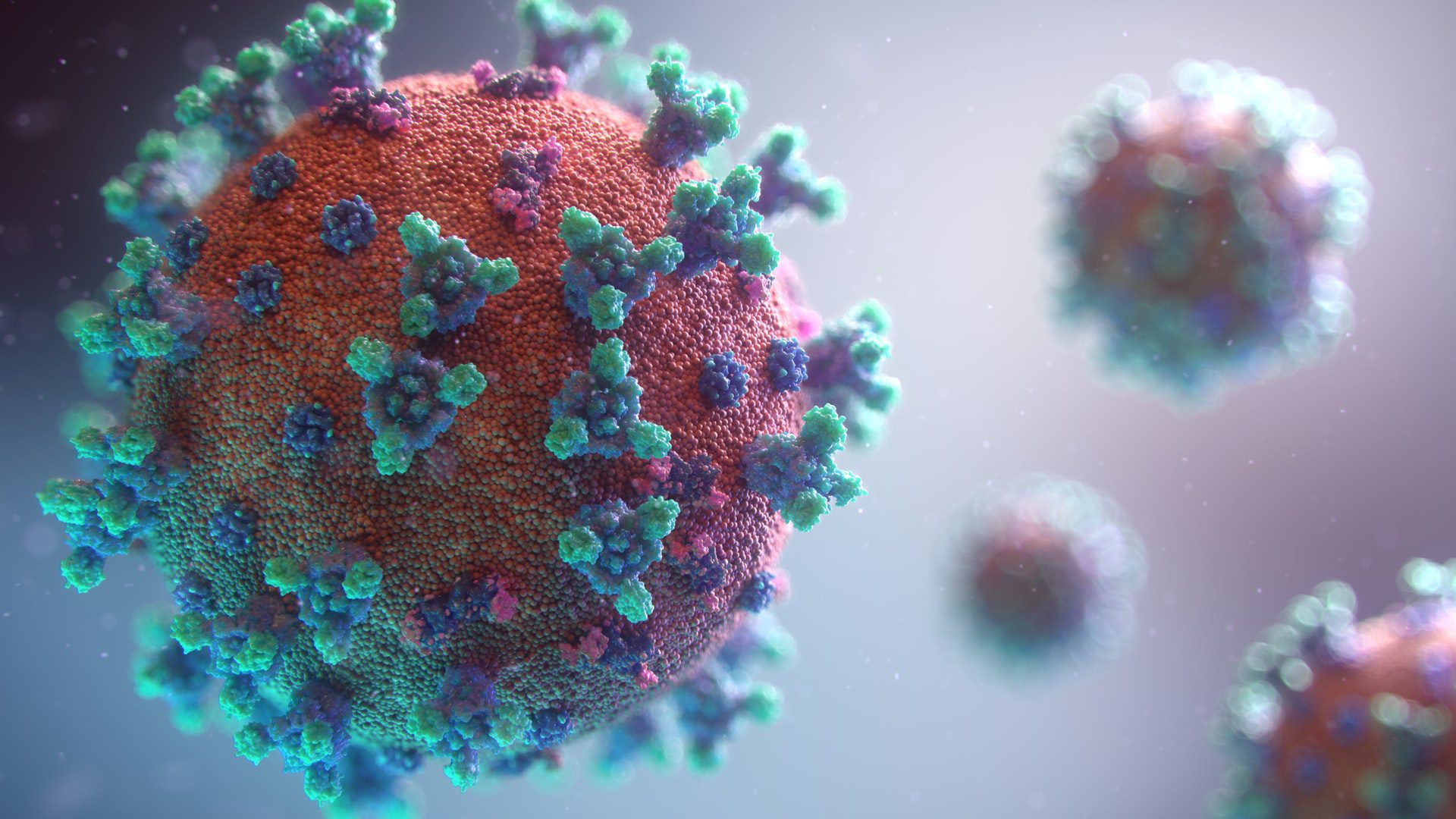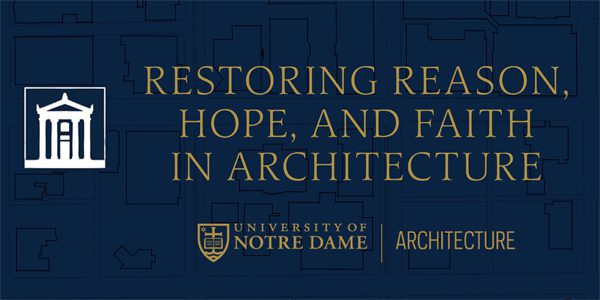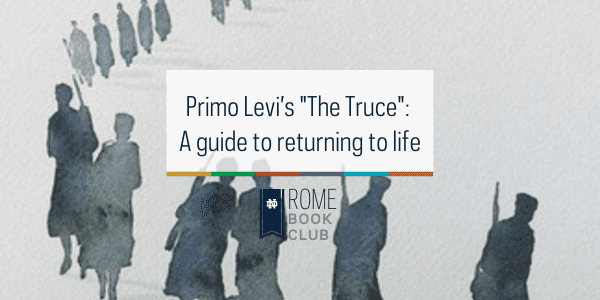Top 10 Learning Moments
- We are in a crisis right now: we have Covid-19, economic dislocation, and protests and about the long-standing history of racial injustice. — Marie Lynn Miranda
- All the mechanisms that are out there to push these vaccines are there without sacrificing the efficacy and safety of the vaccines. — Jeff Shorey
- This is the struggle of American public health; we are trying to advocate on the behalf of the American public, then people want to make decisions for themselves individually. — Heidi Beidinger
- If the university was returning to the classroom, I had to see if we could activate our athletic classrooms—students learn great lessons there. — Jack Swarbrick
- With infectious diseases it is really important to consider change over time because a person’s risk at the beginning of an epidemic will not be as high towards the end. — Jenna Coalson
- What the university accomplished when people from all different parts—from research and administration—all get together with a common goal is really amazing. — Liz Rulli
- Therein lies some of the the issue that when issues grow, there is not a growth in resources, it’s a redirection of…so the pot never gets bigger. It is the same size. — Debra Stanley
- Hunger has been in our community for years. It happens all across the United States; every county has hungry people. What Covid-19 has done is cause it to be talked about more. — Marijo Martinec
- I have said for many years that health is politics, especially public health. — Dr. Robert Einterz
- We always think about classrooms and faculty, and that is all that a university is…not that it is actually an ecosystem that needs to function. — Mary Ann McDowell
Interested in learning more?
This series is hosted by ThinkND, the University of Notre Dame’s online learning community that connects you with videos, podcasts, articles, courses, and other resources to inspire minds and spark conversations on everything from faith and politics to science, technology, and your career.
Featured Speakers
Heidi Beidinger-Burnett, Director, Eck Institute for Global Health Masters Program; Associate Professor of the Practice, Department of Biological Sciences, University of Notre Dame; President of the St. Joseph County Board of Health
Mary Ann McDowell, Associate Professor of Biological Sciences and Member of the Eck Institute for Global Health, University of Notre Dame
Marie Lynn Miranda, Charles and Jill Fischer Provost and Professor of Applied and Computational Mathematics and Statistics, University of Notre Dame.
Brian Baker, Rev. John A. Zahm Professor and Department Chair, Department of Chemistry and Biochemistry, University of Notre Dame
Jeffery Schorey, George B. Craig Jr. Professor, Department of Biological Sciences, University of Notre Dame
Dr. Mark Fox, Deputy Health Officer, St. Joseph County Department of Health
Professor David Leighton, Professor in the Department of Chemical and Biomolecular Engineering, University of Notre Dame
John B. “Jack” Swarbrick, Vice President and James E. Rohr Director of Athletics, University of Notre Dame
Patricia Bellia, William J. and Dorothy K. O’Neill Professor of Law and Chair, Faculty Board on Athletics, University of Notre Dame
Alex Perkins, Associate Professor, Department of Biological Sciences, University of Notre Dame
Jenna Coalson, Assistant Professor of the Practice, Department of Biological Sciences, University of Notre Dame
Kyle Bibby, Associate Professor and Wanzek Collegiate Chair, Department of Civil & Environmental Engineering & Earth Sciences, University of Notre Dame
Debra Stanley, Founder and Executive Director, Imani Unidad, Inc.
William Redman, Sheriff, St. Joseph County
Liz Rulli, Associate Vice President for Research, University of Notre Dame
Paul Hergenrother, Kenneth L. Rinehart Jr. Endowed Chair in Natural Products Chemistry and Professor of Chemistry, University of Notre Dame
Jim Conklin, President and Co-Founder, Cultivate Food Rescue
Marijo Martinec, Executive Director and CEO, Food Bank of Northern Indiana
Dr. Robert Einterz, Officer, St. Joseph County Department of Health
Shannon B. Cullinan, Executive Vice President, University of Notre Dame
David C. Bailey, Vice President for Strategic Planning and Institutional Research, University of Notre Dame
“What the university accomplished when people from all different parts—from research and administration—all get together with a common goal is really amazing.
– Liz Rulli
Introduction to SARS-CoV-2
This video introduces scientific terms and concepts that will be discussed through the series, including DNA, RNA, protein, antigens, and pathogens. In addition, an explanation of the coronavirus family, how cells are made and the SARS-CoV-2 life-cycle is presented.
Unmasked: Lab study shows which face coverings are effective
David Leighton and Mark McCready, professors of chemical and biomolecular engineering, conducted a test with several types of masks and face coverings to determine which would block the emission of droplets most effectively.
Read the full story about different face coverings here.
In this video, Mark McCready talks about the emissions of droplets in different settings.





